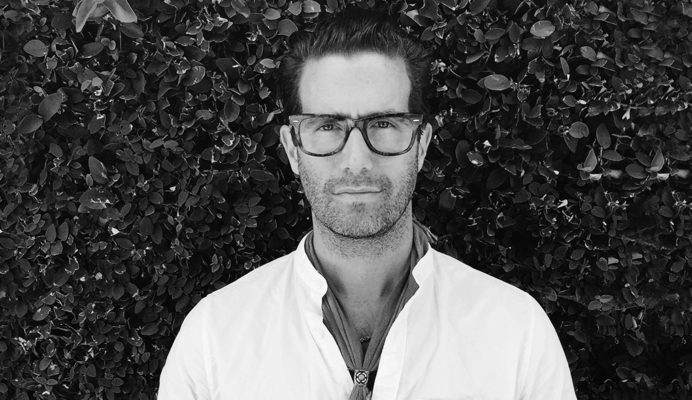By day, Pelle Sjoenell is the Worldwide Chief Creative Officer of the global agency Bartle Bogle Hegarty, and by night, he’s a gender equality activist with some interesting thoughts on creative leadership.
He says he became mesmerized by advertising as a young boy, in 80’s culture-starved Sweden, when he first saw an ad for Levis. Advertising was not yet on Swedish television, and its impact, combined with the drama of seeing it in a movie theater, was a seminal moment for the young Pelle. He’s even described it as akin to someone hearing the Beatles for the first time.
After getting his foot in the ad industry’s door, Sjoenell steadily climbed the ranks of the business. As he did, he realized that his penchant for creativity applied as much to his leadership style as it did to his work.
He believes that removing the fear of failure is a prerequisite for success, a lesson he learned at the start of his career. “In Sweden you can’t get fired, so there’s a highly creative culture because there’s no fear and there’s a lot of ambition. People don’t get lazy; they get brave and inspired”.
And he thinks that creative leadership is about taking the risk, along with the blame, if the idea doesn’t pan out, so that the team can be free to take chances. “I take the fall if an idea fails”, he says. “The industry often makes the mistake of putting creatives on a pedestal, which undermines the idea that creativity itself should sit up at the top”.
He applies this creative mindset to his pro bono commitments as well his commercial ones. When he became a US citizen in 2013, he was asked to be on the Creative Alliance, a group formed by Civic Nation during the Obama administration. It’s a grassroots organization, which aims to solve issues that politicians are unable to or haven’t yet.
He’s also a passionate advocate for gender equality. He serves on the advisory council for The Women in Public Service Project, a global initiative at the Wilson Center in Washington, DC, which mobilizes young women on issues of critical importance in public service.
But his motivation isn’t entirely altruistic: “I think it’s because I am not entirely satisfied with the world. And that isn’t a negative mindset; a black sheep in a field of white sheep is the one who asks if something can be done better, or differently, or if we can make something more fun or interesting. That’s where creativity comes from. I’m always drawn to the trouble because I want to fix it”.
Sjoenell’s not oblivious to the flip side of creative freedom, though, and warns that there can be pitfalls too. His major concern is a fear of doing something that feels incredible to him, but that doesn’t work for the brand. That, he says, would be tantamount to not doing his job.
But creativity is obviously a subjective thing. “An artist makes something, and everyone interprets it differently. I’m a mass communicator for brands; I can’t have people misinterpret what I do”.
Whether he’s working to solve a client’s or society’s stubborn problems, Sjoenell has steadfast views about the interplay of work and life. He says he was influenced greatly by something called the Law of Jante. It’s a term borrowed from a fictional book called ‘A Fugitive Crosses His Tracks’, which features cultural rules about how to enjoy life while not neglecting your job.
These rules don’t necessarily dovetail with the American work ethos to stay late and skip vacations. And while he’s not alone in thinking that great work makes people happy and if they’re not happy, they won’t make great work, it’s his process that’s unusual. He says he never thinks about work when he’s not in the office: “I don’t come up with ideas in the shower. In the shower, I shower. To come up with great ideas, I want – and need – to be with other creative thinkers and solve problems together. There are too many things out there in the world to always be thinking about work”.
As idiosyncratic as his ideas may seem, there are plenty of people who are keen to follow them. His 2018 book, The Art of Branded Entertainment, written with fellow jurors from the 2017 Cannes Lions Entertainment Jury, became a bestseller, and the Chairman of Cannes Lions described it as ‘An illuminating exploration of the evolving terrain of branded entertainment from the experts themselves”.
Balancing dual lives – as public problem solver and creative mastermind – has not stopped Sjoenell from taking on even more. Four years after he was appointed executive creative director for BBH in LA, he joined forces with Scooter Braun to open a production company called The Creative Studio. It’s aim is to forge a mutually beneficial relationship between advertising and entertainment, relying on a stable of “cultural engineers” to do so. And while that venture continues to percolate, bets are, Sjoenell’s not done yet.


